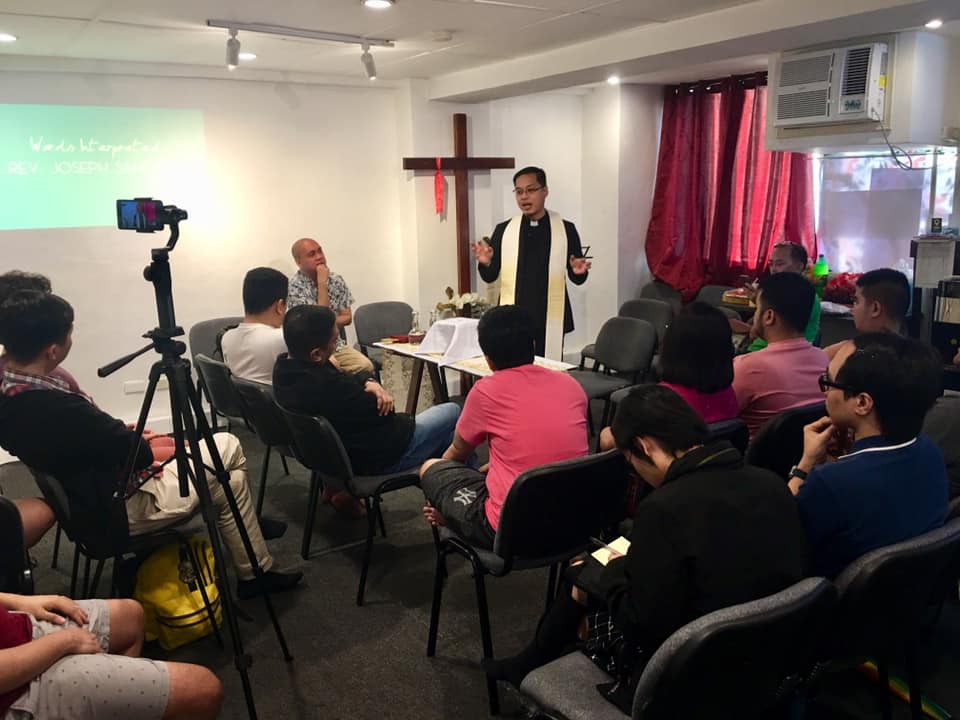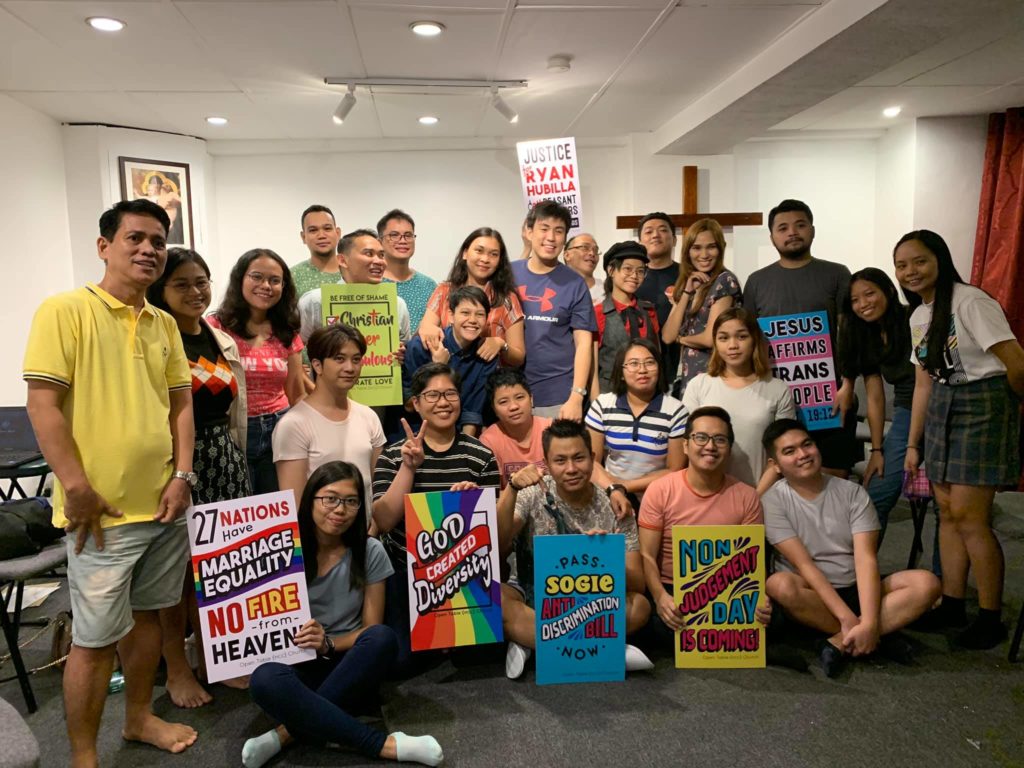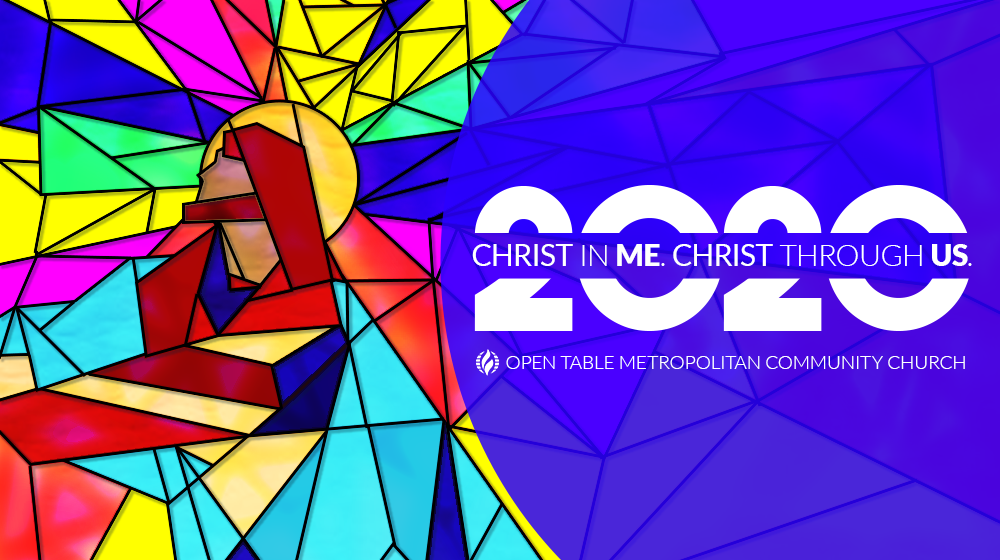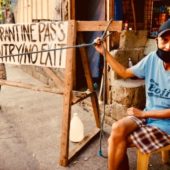A challenge for the Iglesia Filipina Independiente
By Rev. Joseph San Jose, Metropolitan Community Church

METROPOLITAN Community Church (MCC), the denomination I am part of, has been an inclusive and LGBTIQ+-affirming Church since its founding in October 1968 — when all other Churches were excluding and exterminating queer people. A Church founded by LGBTIQ+ people for LGBTIQ+ people. Perhaps there is some wisdom I can share to our siblings at Iglesia Filipina Independiente (IFI).
Many LGBTIQ+ individuals in the country have been and will be born into religious families and raised in Church communities. Some 8 out of 10 LGBTs will be born, baptized and raised in the Christian faith.
Yet, the common story is that, at some point, the prevailing religious culture will be in direct collision with queer people’s unfolding awareness of their sexuality, even in Churches that welcome and accept them. While on paper and in the national leadership, IFI has become affirming of LGBTIQ+ persons, I suspect the religious understanding of many remains the same and, thereby, families and parishes continue to have some level of microaggression and hostility towards gender and sexual minorities. For centuries, the official moral doctrines and theologies of the Church and the way they have been proclaimed have taught LGBTIQ+ individuals to hate a significant part of themselves. This is amplified by the overall negative attitude towards them by those who claim to preach love and practice compassion.
All of these give LGBTIQ+ persons overwhelming feelings of being cut off from God; cut off from an authentic relationship with their families; cut off from free and true connections during their developmental years. Eventually, many of them will feel cut off from their inner selves.

IFI has grappled with the issue of sexuality and finally affirmed the sacred worth of LGBTIQ+ individuals. Part of its struggle has been the development of theology and biblical studies, and seeking how these could inform the institutional Church on sexuality. The continuing scholarly study of Scripture and progress in theological reflection are things that IFI and other Churches must do to contextualize Faith and Practice from age to age.
However, theology is not enough. We may think progressive theology will give all the answers the Church needs in accepting LGBTIQ+ persons who had been harmed, wounded and cut off by fundamentalist theology. LGBTIQ+ Aglipayans also may think that having the right theology would suffice for them to live and serve in the Church. There might be a false notion that a national statement with the right words would be enough to heal the divide between queer people and the Church. Yes, theology can give answers to a certain extent. It can give hope and relief to a point. But it is not enough.

I encourage reading and listening to the theological works of experts. I would even go as far as saying that it is both a spiritual exercise and a Christian duty to continue learning theology with and from professional theologians and biblical scholars. But, I want to remind all denominations, LGBTIQ+ faithful and, most especially, LGBTIQ+ clergy that theological knowledge is not enough because it is not theology that queer people lost. It is not our deepest longing. What we lost and desire is authentic connection — relational, spiritual and ecclesial.
Rev. Joseph San Jose
Theological knowledge is not enough because it is not theology that queer people lost
What queer people truly desire behind and beyond theology are new ways to a free and authentic relationship with God through a spiritual community that enables a reconnection with and rediscovery of the inner life. Theologies must translate to real programs that help bring about the authentic connection and integration of queer people. Statements without programming are tokens and platitudes that have little use in real life.
In Acts of the Apostles 2:42-47, we read that early Christians were devoted to the teachings of the apostles but, beyond that, also lived together as a community, having everything in common, sharing according to each one’s need. They ate their food with glad and thankful hearts. They prayed together and for each other. God’s love was expressed in their relationship with each other. Day by day, new people, especially the poor, joined because of this character.

The early Christians are in many ways similar to present marginalized and oppressed sectors, including queer people. Many were rejected by the official religion and by society. Like queer people, their deepest longings were to be heard, seen and included; to attain a life with others. Many ancient peoples desired acceptance — to love and be loved; to have purpose and meaning through authentic relationships — which was present in early Christian communities. In living this way, they theologized about God and Christ and, later, chronicled their ways as gospels and letters.
Good theologies emerge only from the lived experiences and struggles of people. Some theologies can be read in books, but they are realized in our renewed relationship with God and other people as our authentic selves. The countless works of progressive scholars and theologians can teach us about God but, if the Church wants to experience God’s love, it must intentionally enact God’s love in concrete ways, at all levels.
Good theologies emerge only from the lived experiences and struggles of people.
Rev. Joseph San Jose
Is this the exclusive task of the institutional Church and the heterosexual allies of queer people occupying leadership positions? No. Queer IFI members must assert themselves, and demand their rights and recognition. LGBTIQ+ clergy must step up and step out for themselves and their members. It is their spiritual duty as rainbow shepherds to represent and care for their rainbow flock in the totality of who they are. The national statement of IFI is not a blanket to comfort the Church and its LGBTIQ+ members. It is the Spirit of the Pentecost’s challenge for the Church to restore its communities as safe spaces for all people, where God’s inclusive love can be experienced through authentic relationships.
Psalm 34:8 says: “Taste and see that the Lord is good.” God is to be experienced and, in the Liturgy of the Church, God is to be partaken. In the statement of faith of MCC, we echo the words of the Psalmist – “Come, taste, and see. Jesus Christ, You invite all people to Your Open Table.”
I hope and pray IFI will not be content in proclaiming good theology. It must, more importantly, practice God’s love through a renewed community warmly embracing LGBTIQ+ people.

Follow Open Table MCC on Facebook:


